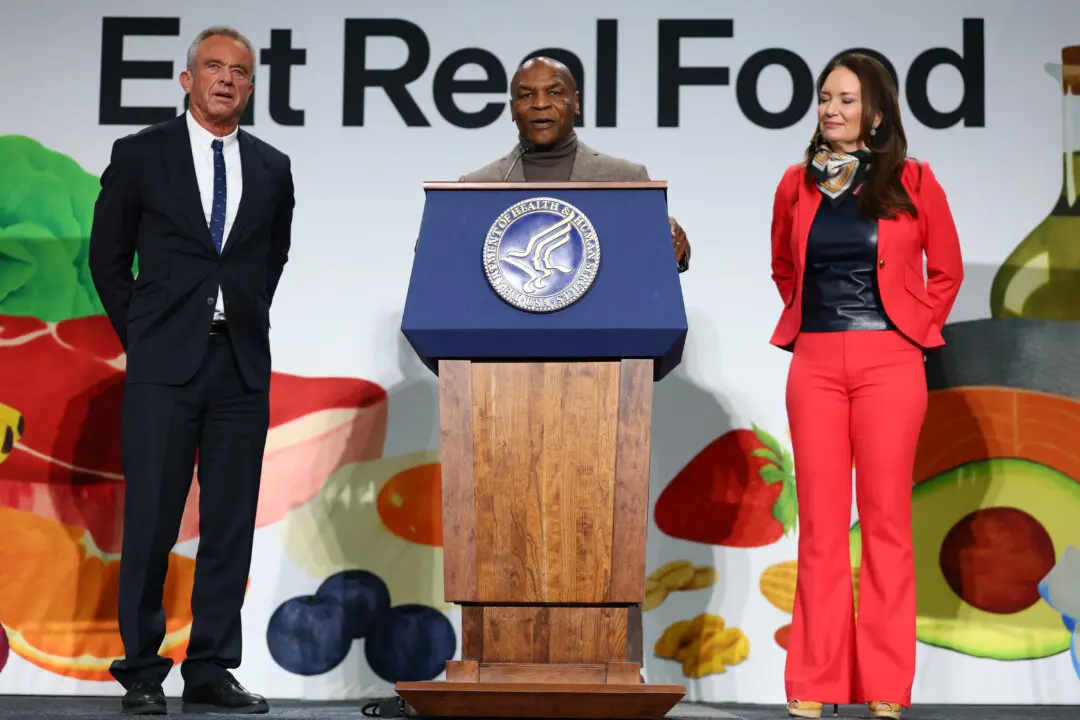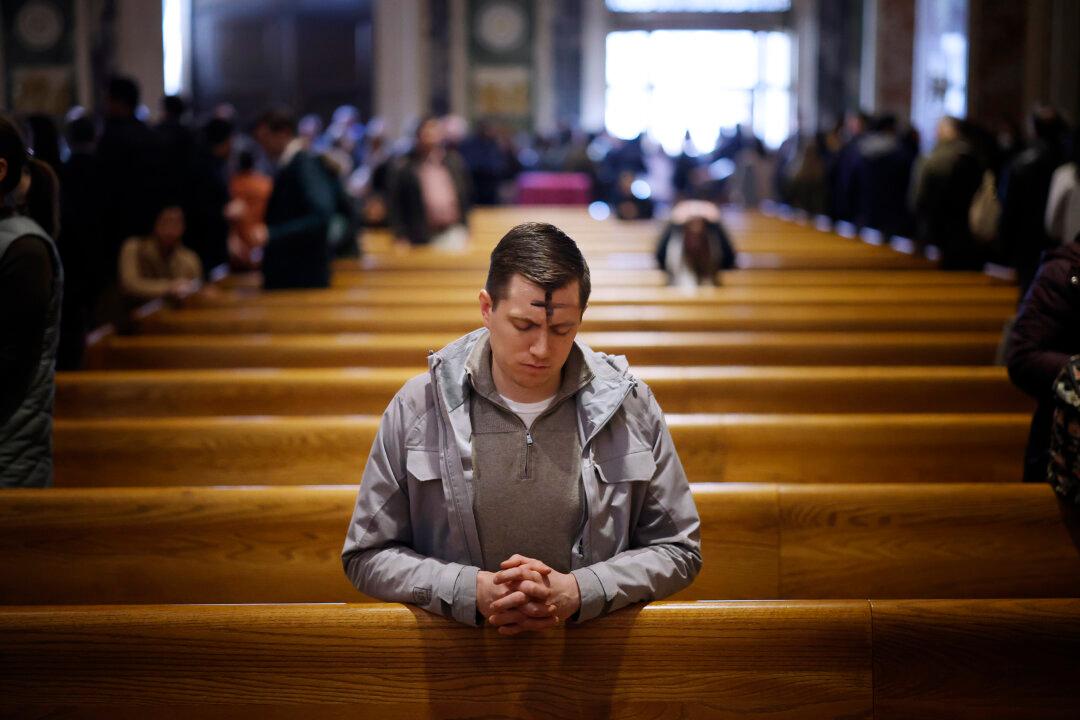Commentary
During the COVID-19 pandemic, after years of paperwork, screenings, background checks, and immigration hurdles, my husband finally reached the last step of his journey toward becoming a U.S. citizen: the naturalization test. We ordered a simple cardboard box filled with flashcards, each holding a question on American history, government structure, and constitutional principles, and placed them on the kitchen table as if they belonged there.Studying became part of our rhythm. We reviewed cards while stirring soup, folding laundry, or tucking children into bed. The kids would sit nearby, drawing while we practiced questions such as: What are the three branches of government? Who wrote the Declaration of Independence? How many U.S. senators are there?





